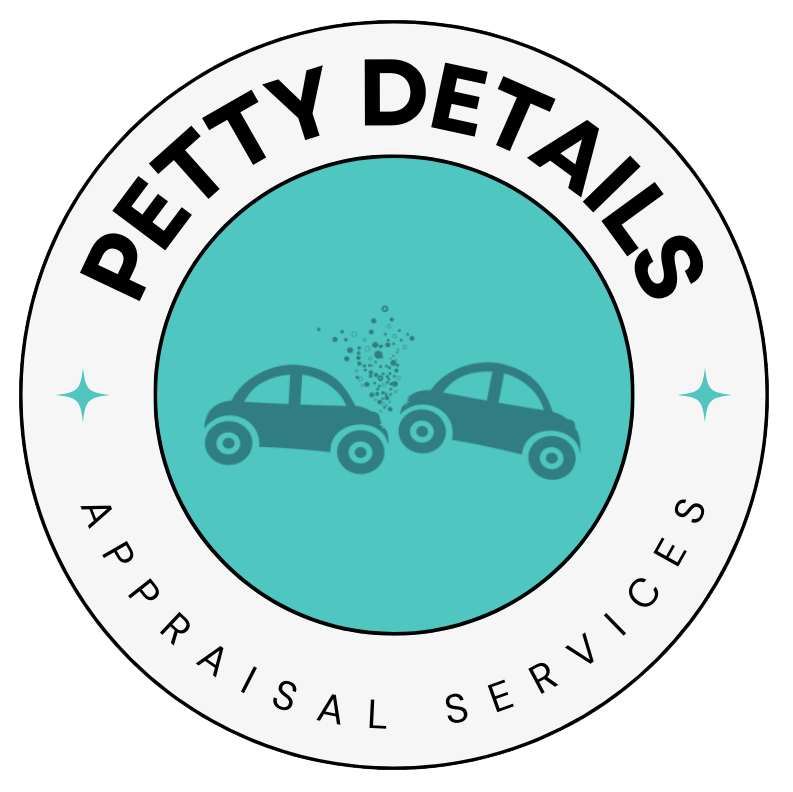
So one of the most common questions I get is related to how an accident will affect insurance premiums.
If you are worried about this, then you are correct in doing so. The answer as to how much your rate will increase is specific to the insurance company that provides your coverage. For example, if you watch TV you’ll see advertisements from more than one insurance company that now offer “accident forgiveness”, or something of the sort. In my opinion, this is a great marketing technique, but I would want to know how much it would have cost me to have an accident before “accident forgiveness” and then whether there is a charge to get “accident forgiveness” on your policy. Without having those answers, how can one determine if the offer is a deal or a dud?
Better than finding a company that offers accident forgiveness is to research the underwriting guidelines for your current company. Many times you can get an underwriter on the phone that will explain to you how different types of accidents or claims will affect your “risk factor”. Whether you know it or not, you are grouped with other insurance consumers in a “bracket” of risk. Your zip code, occupation, age, type of vehicle, accident history, claim history, and who knows what other factors are all evaluated to determine how much you should have to pay for insurance. If you are able to get some details on how you are rated, then when and if there is an accident or claim, you will have an idea of how it will affect your insurance premium.
 If it helps, I’ll say that in general, insurance companies use a sort of point system to determine what rate you get charged. Most companies will assign higher points to “at fault” accidents and to large loss accidents. Accordingly, lower point values will be assigned to comprehensive claims like hail damage or windstorm, or flood or theft or so forth. Basically, small claims, and the first claim or two that are not your fault will likely result in a very small premium increase, if any, but if you rear-end somebody and cause a lot of damage, you can expect that you will either be non-renewed when your policy is up for renewal, or you can expect a rate hike to reflect your now “riskier” status.
If it helps, I’ll say that in general, insurance companies use a sort of point system to determine what rate you get charged. Most companies will assign higher points to “at fault” accidents and to large loss accidents. Accordingly, lower point values will be assigned to comprehensive claims like hail damage or windstorm, or flood or theft or so forth. Basically, small claims, and the first claim or two that are not your fault will likely result in a very small premium increase, if any, but if you rear-end somebody and cause a lot of damage, you can expect that you will either be non-renewed when your policy is up for renewal, or you can expect a rate hike to reflect your now “riskier” status.
If you would like help researching this issue with your company, remember that information is always free at Petty Details, LLC.

